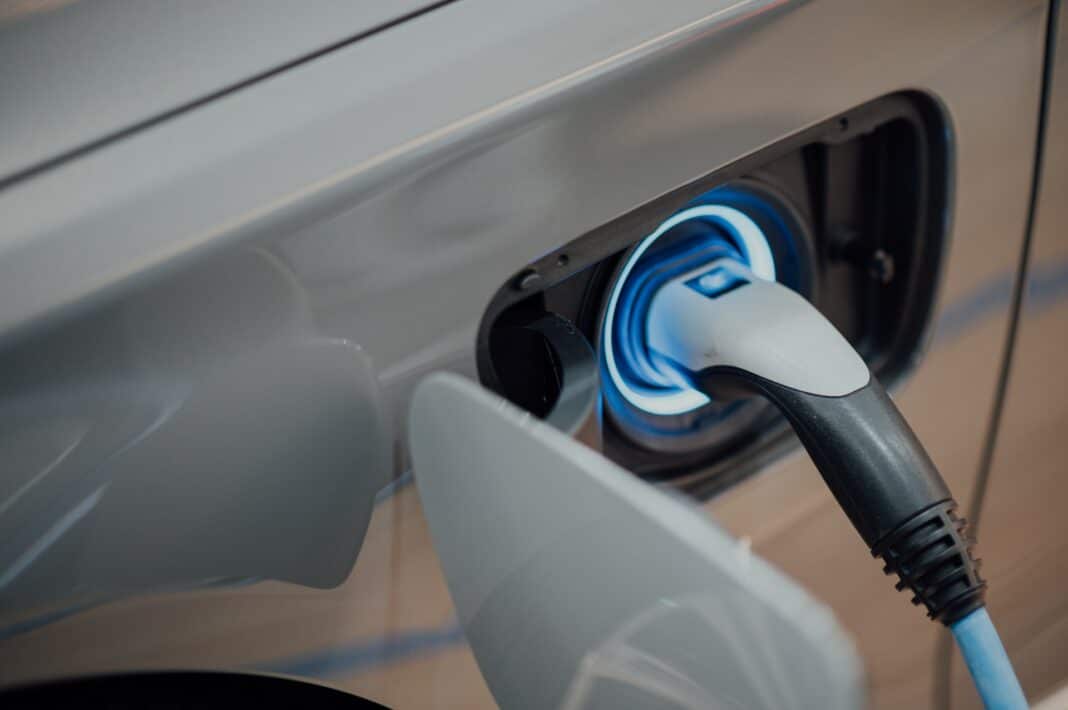The digital age, fuelled by the recent pandemic, is moving more and more of our shopping online. Between 2020 and 2022, almost 10,000 retail outlets disappeared from the high streets as footfall plummeted.
As e-commerce becomes the norm, courier companies must keep up with the demand of deliveries from online orders. However, there are other priorities to balance such as spending and being socially and environmentally responsible.
Electric vans could be a best of both worlds solution for delivery companies, but there are cons to consider as well as the advantages. Use this guide to decide if electric vans are a worthwhile business investment for you.
Sustainability
As part of the government’s goal to achieve net zero carbon emissions by 2050, 70% new vans sold in the UK will be electric by 2030 according to the latest policy. This means that all companies will have to prioritise electric vehicles at some point within the next decade.
Although they are not necessarily sustainable to manufacture, electric vehicles are much more eco-friendly than petrol and diesel cars. This is because they produce significantly reduced emissions over their lifetime.
Sustainability is increasingly important to consumers and suppliers as well. Switching to electric vehicles ahead of the competition is likely to improve your brand image and increase customer loyalty. These are important knock-on benefits that could help you to stay in business for longer.
Cost
There is no getting around the fact that electric vans have a higher price tag than fuel-powered vans. This means that you’ll need a healthy cash flow in order to make this investment with peace of mind.
However, electric vans are also guaranteed to save you money in the long-run. When most of the charging is done at a private point, the cost of charging the battery is cheaper than buying petrol or diesel. Bear in mind that charging at public charging points is often less cost-effective.
If you are unsure of committing to electric vans without trialling them first, you can look at the solution of short-term hire. This gives you and the team a chance to test run the technology prior to purchase. Don’t forget to organise temporary van insurance for the duration of your hire to keep yourself and the company covered.
Logistics
Finally, you should consider the logistics of operating electric vans rather than a fuel-powered fleet. There are certain challenges with EVs that are likely to dictate whether or not you make the switch.
The first is that, while petrol stations are plentiful, there are a limited number of charging points up and down the country. This means that it could be hard to plot an effective and efficient route for delivery drivers covering long distances.
On top of this, charging can take 2-12 hours depending on the size of the battery in your EV and the output you’re connecting to. The battery lasts a maximum of 200 miles without charging, and significantly less in larger vehicles and colder weather.
While these challenges are unlikely to be a problem for smaller local delivery services, they could be a logistical nightmare for larger courier companies operating UK-wide.
So, there you have it. While there are tremendous advantages to using electric vehicles, they may not be a viable option for your delivery business yet.





